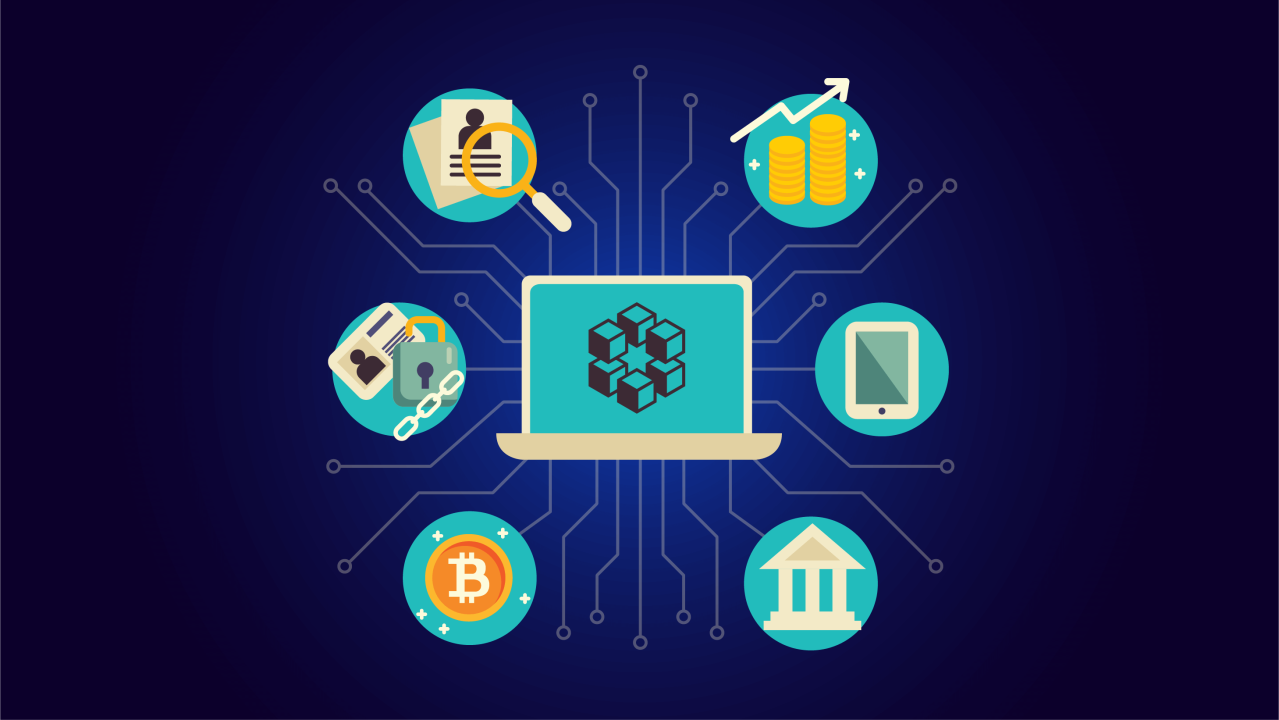
Blockchain technology has moved far beyond its origins in cryptocurrency, now revolutionizing industries from finance to healthcare, supply chain management, and digital identity. As we enter 2024, some blockchain companies are leading the charge in pushing the boundaries of innovation, reshaping how we live and work. Let’s explore the top blockchain companies that are making waves and transforming the world as we know it.
1. Ethereum (ETH) – The Powerhouse Behind Decentralized Applications
Ethereum remains the gold standard in the blockchain world, serving as the foundation for decentralized applications (dApps) and smart contracts. Since its inception in 2015, Ethereum has enabled countless innovations and is now undergoing a major transformation with its Ethereum 2.0 upgrade, which promises to address scalability, security, and energy efficiency.
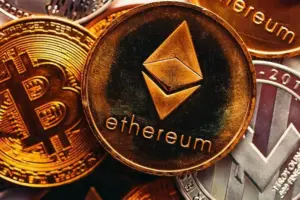
Key Innovations:
- Transition to Proof of Stake (PoS) to improve sustainability
- Growth of decentralized finance (DeFi) platforms
- Layer-2 scaling solutions like Optimism and Arbitrum for faster transactions
Why Watch: Ethereum continues to dominate the blockchain landscape, and with Ethereum 2.0, it’s positioning itself as the go-to blockchain for developers looking to build scalable and secure decentralized applications (dApps).
2. Polkadot (DOT) – The Interoperability Game-Changer
Polkadot, created by Ethereum co-founder Gavin Wood, is solving the biggest challenge in blockchain technology: interoperability. It enables different blockchains to communicate with one another, creating a multi-chain ecosystem that promotes seamless data exchange and cooperation across networks.
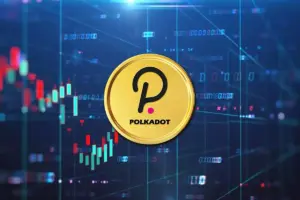
Key Innovations:
- Cross-chain compatibility, allowing blockchains to work together
- Shared security model across multiple chains
- The Web3 Foundation driving the next generation of decentralized projects
Why Watch: Polkadot is bridging the gaps between blockchains, allowing them to operate in harmony, which is crucial for the broader adoption of decentralized technologies across industries.
3. Chainlink (LINK) – Connecting Smart Contracts with Real-World Data
Chainlink is a decentralized oracle network that plays a pivotal role in the blockchain ecosystem. It provides real-world data to smart contracts, allowing them to interact securely with external systems like APIs, payment providers, and data feeds. This innovation powers decentralized finance (DeFi) and insurance protocols with accurate and up-to-date information.

Key Innovations:
- Real-time data feeds for smart contracts
- Secure, decentralized oracle solutions
- Cross-chain data transfer for seamless integration
Why Watch: Chainlink has become a critical infrastructure provider for blockchain ecosystems. Its ability to connect blockchain networks with external data makes it a cornerstone of the decentralized finance revolution.
4. Ripple (XRP) – Revolutionizing Cross-Border Payments
Ripple is known for its innovative blockchain-based solution for cross-border payments. By offering an efficient alternative to traditional banking systems, Ripple allows global transactions to happen faster and cheaper, leveraging its native cryptocurrency, XRP, as a bridge currency for international transfers.
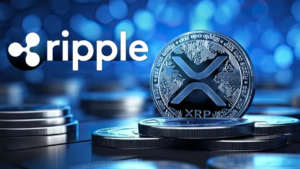
Key Innovations:
- RippleNet network for instant, low-cost global payments
- Partnerships with major banks like Santander and American Express
- XRP as a bridge for cross-border currency exchange
Why Watch: Ripple’s solution has already gained traction with major financial institutions worldwide, making it one of the most promising blockchain companies in the payments space. As international remittance grows, Ripple’s blockchain technology will continue to lead the charge in transforming global payment systems.
5. Solana (SOL) – Scaling Blockchain for Speed and Efficiency
Solana has quickly emerged as one of the fastest-growing blockchain platforms, known for its lightning-fast transaction speeds and low fees. Designed to solve the scalability problem faced by many blockchains, Solana is positioning itself as a competitor to Ethereum, especially in areas like decentralized finance (DeFi) and non-fungible tokens (NFTs).

Key Innovations:
- Proof of History (PoH) consensus mechanism for ultra-fast transactions
- Low transaction fees that make it affordable for dApps and users
- Growing ecosystem of decentralized applications
Why Watch: With its fast transaction times and low costs, Solana is rapidly becoming the blockchain of choice for decentralized applications (dApps) and DeFi platforms, making it a top contender in the blockchain space.
6. Cardano (ADA) – The Eco-Friendly Blockchain Revolution
Cardano takes a unique, research-driven approach to blockchain development. Founded by Ethereum co-founder Charles Hoskinson, Cardano’s focus is on creating a scalable, secure, and sustainable blockchain. Its commitment to using a Proof of Stake (PoS) model makes it one of the most energy-efficient blockchains available.

Key Innovations:
- Research-based development for improved security and scalability
- Proof of Stake (PoS) consensus mechanism for a greener blockchain
- Ongoing projects in Africa to foster financial inclusion
Why Watch: Cardano’s dedication to sustainability and its research-backed approach set it apart from other blockchains, making it an ideal choice for enterprises looking to create environmentally friendly decentralized solutions.
7. VeChain (VET) – Transforming Supply Chain Management with Blockchain
VeChain is at the forefront of using blockchain technology to improve supply chain transparency and efficiency. By integrating blockchain with IoT devices, VeChain ensures that goods can be traced in real-time as they move through the supply chain, making it easier to prevent fraud and improve operational efficiencies.

Key Innovations:
- Blockchain-based supply chain tracking for enhanced transparency
- Partnerships with major brands like Walmart and BMW
- Focus on sustainability and reducing environmental impact
Why Watch: VeChain is revolutionizing industries like logistics, food safety, and luxury goods with its ability to provide real-time traceability, offering businesses more control over their supply chains.
8. Filecoin (FIL) – Decentralized Cloud Storage for a Secure Future
Filecoin is making waves by offering decentralized cloud storage solutions. Through Filecoin, users can rent out unused hard drive space to create a secure and cost-effective alternative to centralized cloud storage services like Google Cloud and Amazon Web Services (AWS).

Key Innovations:
- Decentralized data storage marketplace
- Integration with IPFS (InterPlanetary File System) for distributed file storage
- A more private and secure alternative to centralized cloud services
Why Watch: As concerns around data privacy and security continue to grow, Filecoin’s decentralized storage solution provides an innovative and secure alternative to traditional cloud storage services.
9. Tezos (XTZ) – A Blockchain That Evolves Over Time
Tezos is a self-amending blockchain, meaning it can upgrade itself without the need for hard forks, allowing it to adapt and evolve as new challenges arise. With its Proof of Stake (PoS) mechanism, Tezos is focused on scalability, security, and decentralized governance.

Key Innovations:
- Self-amending governance for continuous upgrades
- Energy-efficient Proof of Stake (PoS) consensus mechanism
- Strong focus on decentralized finance (DeFi) and NFTs
Why Watch: Tezos is one of the most innovative blockchain projects because of its ability to evolve without disruptive changes, positioning it as a stable and secure option for decentralized applications.
10. Polygon (MATIC) – Scaling Ethereum with Layer-2 Solutions
Polygon is a Layer-2 scaling solution designed to enhance Ethereum’s scalability and reduce transaction costs. By providing faster and cheaper transactions, Polygon enables Ethereum to support more decentralized applications (dApps) and expand its ecosystem.
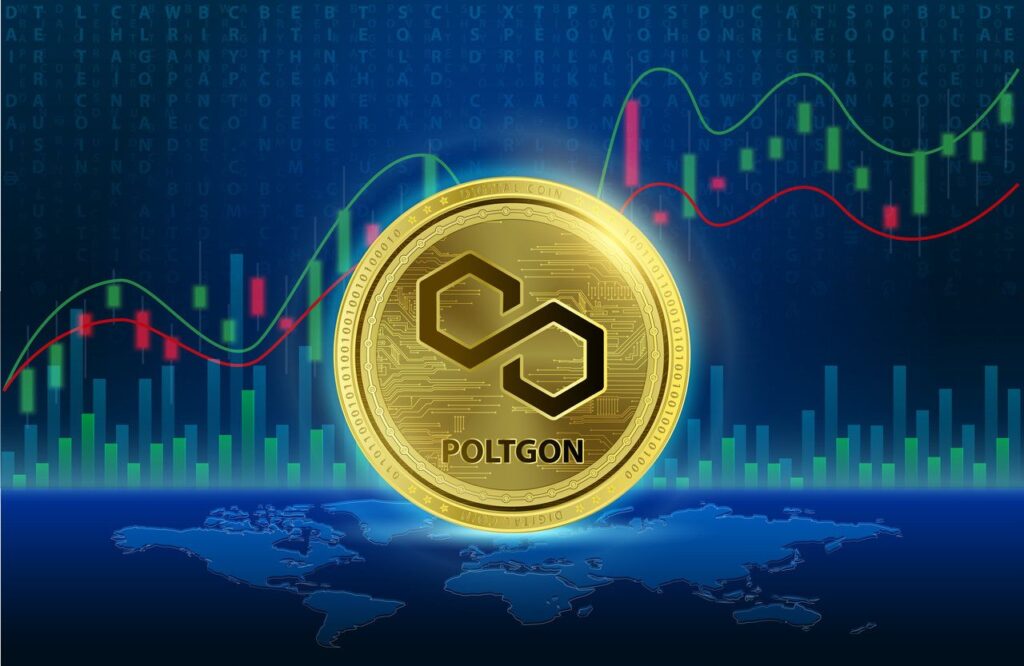
Key Innovations:
- Layer-2 solutions to scale Ethereum’s network
- Implementation of optimistic rollups and zk-rollups for better scalability
- Robust support for Ethereum-compatible dApps
Why Watch: Polygon’s ability to improve Ethereum’s scalability and reduce transaction costs positions it as a critical player in the future of decentralized applications and DeFi platforms.
The blockchain landscape in 2024 is dynamic and full of potential. From scalable blockchains like Ethereum and Solana to the innovative solutions offered by companies like Ripple and Polkadot, these blockchain pioneers are shaping the future of decentralized technologies. Whether it’s improving cross-border payments, enhancing supply chain transparency, or offering energy-efficient blockchain solutions, these companies are leading the way toward a more secure and decentralized future.






